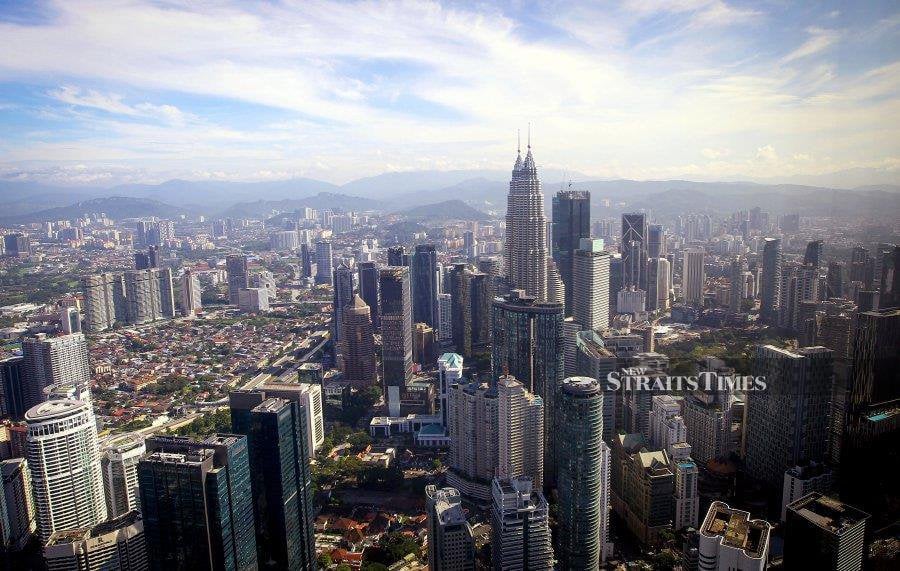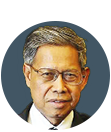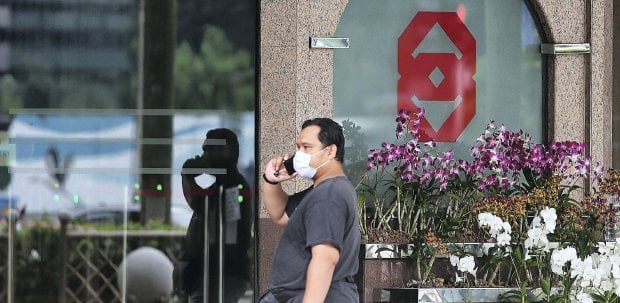SUSTAINABILITY is a global agenda. The United Nations Sustainable Development Goals (SDGs) provide the roadmap for the world until 2030. After 2030, who knows.
Global actions to reduce greenhouse gas emissions remain unconvincing. Conference Of Parties (COP) meetings have yet to reach consensus on many action issues.
The world cannot even agree on the narrative to phase out fossil fuel, the most damning of the many root causes of the rising global carbon emissions. Even funding pledges to help poor countries deal with climate change have not been fulfilled.
Of course, sustainability is not just about the environment. The other two pillars concern the economy and society. However, much of the world discussion have focused on the potential climate crisis.
Often, this takes away the deliberations on the other equally important items, including poverty, health, education, and not to mention global partnership as articulated under SDG17.
Many believe a major roadblock to securing sustainability is the lack of public awareness. Key public figures are not fully appreciative of the threats posed to humanity.
Many still do not recognize the magnanimity of a climate crisis on the country. This makes it challenging to execute the necessary actions. Effectively executing the required initiatives call for financing and public support.
Our lawmakers must be convinced of the threats posed. They must be made aware of the gravity of the issue.
This is because they hold the key to policies and instruments of law. Not to mention the needed financing. We have serious doubts about our lawmakers being fully aware of the dire consequences. Admittedly, lawmakers are not the only group which need educating.
The low awareness among the public is equally critical. This is because much of the remedial measures call for change in public behaviour and attitude. A major obstacle to the practice of sorting out rubbish at source can be attributed to the resistance to behavioral change.
It is for this reason that we initiated a group to regularly converse on sustainability. Through the platform "Friends of Sustainable Malaysia", we aim to raise public awareness on various sustainability issues.
Our conversation has attracted a diverse group of participants. This includes those from academia, business, civil society, government, and even retired professionals. We also had a good mix of the young and the veterans.
The conversations have been inspiring. New ideas have emerged. It is a great help having a prominent internationally renowned sustainability figure like Tan Sri Zakri Abdul Hamid guiding and moderating the conversations.
Notwithstanding, there has been no shortage of inciteful interventions by the younger members.
We devoted our first session to define the boundaries of conversations. We agreed to stay away from controversy. We decided to be apolitical. Our conversations complied with the Chatham rule of debates.
Everyone is free to express his or her thoughts. At the second session, we dwelled on COP28 issues prior to the Dubai meeting.
One international consultant came to share on the challenges of COP. Many questioned whether we as a country took such international climate discourse seriously.
For the third session we deliberated on the role of the circular economy as an instrument of sustainability. Another international consultant spoke about the latest global developments.
Our own speaker from the Malaysian Palm Oil Board shared about how oil palm biomass can be a potential candidate for the circular business.
At our recent fourth session, we posed a question to our speaker Dr Hartini from the Natural Resources and Environmental Sustainability Ministry whether analysis is carried out to evaluate the implications of the climate crisis on our economy. Such analysis would form a good basis for our positioning at COP.
It is clear that the lack of public awareness is not helping us deal effectively with sustainability. Whilst the lack of proper analysis does not allow us to better position our sustainability interests at COP meetings.
Hopefully we can do better at COP29, scheduled for the end of this year. We need to see more deliberations on sustainability among our lawmakers. We need to communicate more with the public. They should know their role to fight climate change.
Otherwise, our sustainability agenda may face more stumbling blocks.
* Datuk Seri Mustapa Mohamed is Adviser, Sustainable Malaysia and Dr Ahmad Ibrahim is a professor at UCSI University







